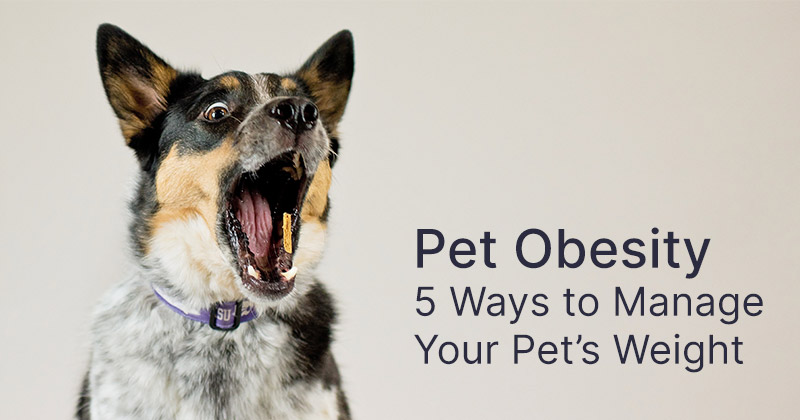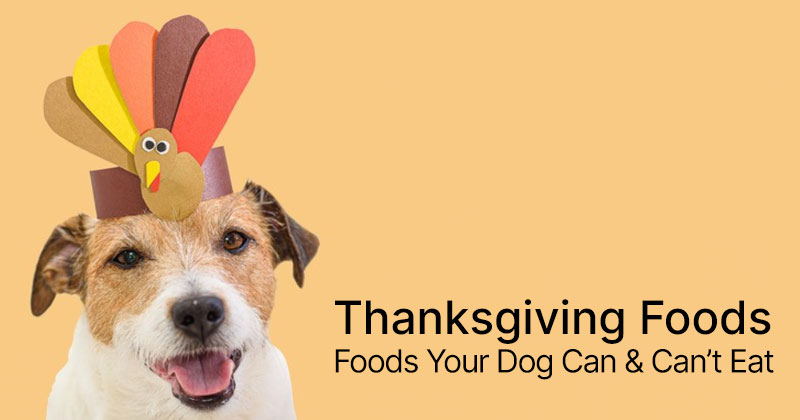
While you're enjoying a sweet snack, you might catch your dog watching intently, hoping for a bite. But can dogs eat marshmallows? While they may seem harmless, marshmallows are not a recommended treat for dogs. Below, we’ll discuss why marshmallows are not ideal for your pet, the potential risks, and alternative treats that are better suited to their needs. For any concerns about your pet's diet, reach out to Walnut Creek Veterinary Clinic in Papillion, NE, by calling (402) 505-5445.
Marshmallows are typically made from sugar, gelatin, and water, with added flavors like vanilla. Although these ingredients might seem simple, they’re not suitable for dogs. Here’s why these sweet treats should be avoided.
High Sugar Levels
Marshmallows are packed with sugar, and too much sugar can harm your dog’s health. Dogs are not designed to process sugary foods like humans, and feeding them sugary snacks can lead to long-term problems like obesity, dental issues, and diabetes. While it might be tempting to share a treat, the risks outweigh the momentary delight.
Xylitol: A Danger to Dogs
Some marshmallows contain xylitol, a sweetener that is highly toxic to dogs. Even a small amount of xylitol can lead to a swift drop in your dog’s blood sugar, causing symptoms such as vomiting, seizures, or even liver failure. If you suspect your dog has consumed anything containing xylitol, contact your veterinarian immediately.
While marshmallows without xylitol are not immediately dangerous, they still pose other concerns. Let’s take a look at the possible issues your dog might face after eating marshmallows.
Digestive Problems
The high sugar content combined with gelatin in marshmallows can upset your dog’s stomach. Vomiting, diarrhea, and other digestive issues could result from eating marshmallows, especially in dogs with sensitive stomachs.
Risk of Choking
The soft and sticky texture of marshmallows can make them hard for dogs to swallow, especially for smaller dogs. Large marshmallows can become also become choking hazard by accidentally getting logded in your dog’s throat. If your dog chokes on a marshmallow, contact Walnut Creek Veterinary Clinic for immediate help.
If your dog sneaks a few marshmallows when you’re not looking, don’t panic. Here’s what you should do depending on the situation.
Keep an Eye on Them
If your dog eats a small number of marshmallows that do not contain xylitol, monitor them for signs of digestive upset, such as vomiting, diarrhea, or unusual lethargy. If you notice any of these symptoms, call Walnut Creek Veterinary Clinic for advice on what to do next.
Act Quickly If Xylitol Was Involved
If you know your dog has eaten marshmallows with xylitol, treat it as an emergency. Even a small amount of xylitol can cause serious harm. Call your vet or an emergency clinic immediately, or contact a pet poison control hotline for guidance.
Although marshmallows aren’t a safe choice for dogs, there are plenty of healthier options you can offer instead. Here are some dog-friendly alternatives that can satisfy your dog’s cravings risking their health.
Fresh Fruits
Fruits such as apple slices (without seeds), blueberries, and bananas make perfect alternatives to sugary snacks. They provide a natural source of sweetness along with essential nutrients, making them a healthy option for your dog.
Dog-Safe Snacks
There are many treats specifically made for dogs that cater to their dietary needs. Look for low-sugar options, especially if your dog has health concerns like obesity or digestive sensitivities. These treats come in different flavors and textures, so you can find something your dog will love.
Homemade Dog Treats
If you’re able, consider baking your own dog-friendly snacks. Ingredients like pumpkin, oats, and peanut butter (xylitol-free) are popular choices that many dogs enjoy. Homemade treats give you control over the ingredients, so you know exactly what your pet is eating.
Preventing your dog from accessing marshmallows or other unsafe foods is the best way to avoid potential health risks. Here are some tips for keeping them safe.
Keep Food Securely Stored Away
Store marshmallows and other sugary snacks in cabinets or containers that your dog can’t reach. By keeping them out of sight and out of reach, you’ll reduce the chances of accidental ingestion.
Train Them Not to Beg
Teaching your dog not to beg for food is a helpful skill. Using positive reinforcement, you can train your dog to stay away from the table during meals or snacks. This helps prevent your pet from eating food that isn’t meant for them.
Offer Distractions
Provide your dog with a dog-safe snack or a favorite toy to keep your pet occupied if you’re having a non-pet friendly snack. This can reduce the chances of them trying to snatch your food.
If your dog has eaten marshmallows, or you’re unsure whether something they’ve eaten is safe, it’s always a good idea to consult with your veterinarian. Marshmallows, even without harmful ingredients, are not a recommended snack for dogs. However, there are plenty of healthier, dog-friendly alternatives to choose from. For any questions or concerns about your dog’s diet, call Walnut Creek Veterinary Clinic in Papillion, NE, at (402) 505-5445 to schedule an appointment.

